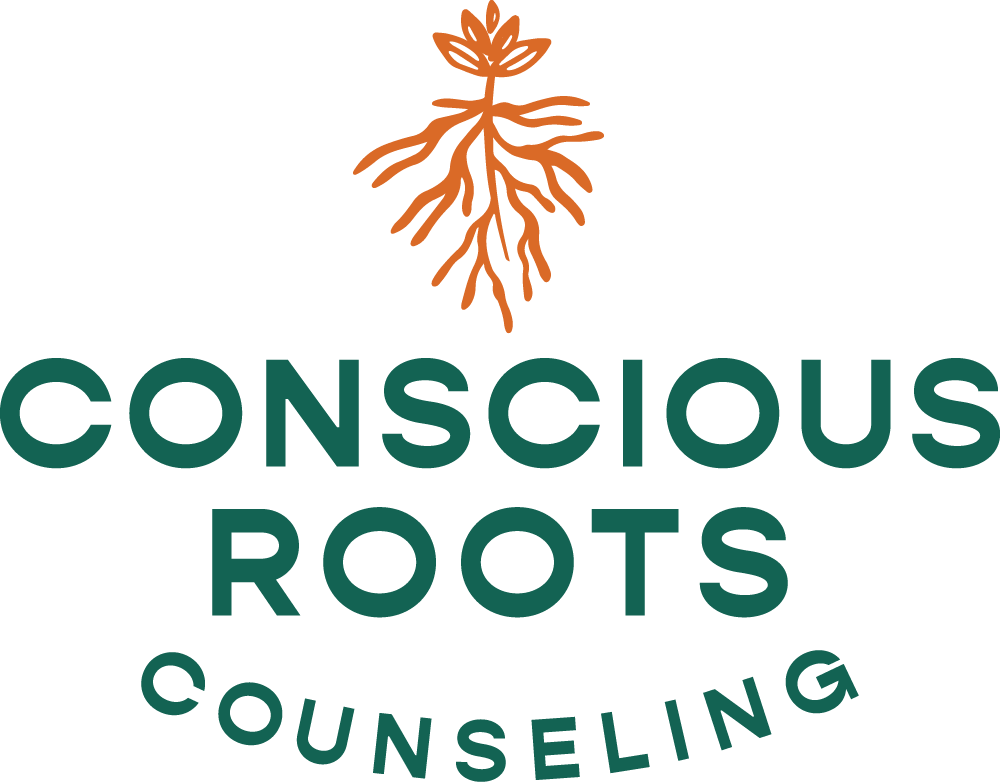What My Bones Know - A Book Review
Trigger Warning: This post mentions physical and sexual abuse.
Ya’ll - go and get this book now. In her book, What My Bones Know: A Memoir of Healing From Complex Trauma, Stephanie Foo writes a beautiful reflection on what life is like with Complex Post Traumatic Stress Disorder (CPTSD). While CPTSD is not “officially” a diagnosis in the DSM, it is generally accepted as one amongst most mental health care professionals.
PTSD and CPTSD differ in the number and/or length of traumas one experiences. A person who experiences a single trauma such as a natural disaster, witnessing a death, being threatened, etc would be considered to have PTSD. In contrast, a person who goes through prolonged traumas, such as living with a parent(s) who is abusive or experiences multiple instances of sexual abuse (especially from one person), is more likely to have CPTSD.
Stephanie Foo writes about her experiences of being emotionally and physically abused by both of her parents as a child and adolescent. She describes the events that led to behaviors such as being quick to anger, recklessness, and difficulty maintaining relationships.
Foo shares her experiences of navigating the mental health system, and finding the right type of therapy for her. As a therapist, I found that Foo’s struggles finding the right therapist for her to be a great example of what research tells us: the most important factor in your success with a therapist is your relationship with the therapist. Foo seeks out a therapist for talk therapy and when the trust with that therapist is broken, Foo recognizes she needs a new therapist. She then finds an EMDR therapist, because EMDR is often an effective treatment option for CPTSD. However, Foo did not like that EMDR therapist’s approach. Finally, Foo finds a therapist that is able to address her symptoms and offer her the therapeutic feedback she needs to heal.
I highly recommend this book to any person who has experienced CPTSD or anyone who would like to understand more about it. It is written in a way that is accessible to most people, unlike many books in the mental health field that are really written in a clinical way that can be difficult to read.
If you are experiencing CPTSD, I would highly recommend looking into EMDR as a treatment model. While it did not ultimately for Foo (and I think more due to the relationship with the therapist, not with the treatment model of EMDR), it often does work for those with CPTSD symptoms.
At Conscious Roots Counseling we offer EMDR services, and if we have openings we would be happy to work with you. Just reach out!
